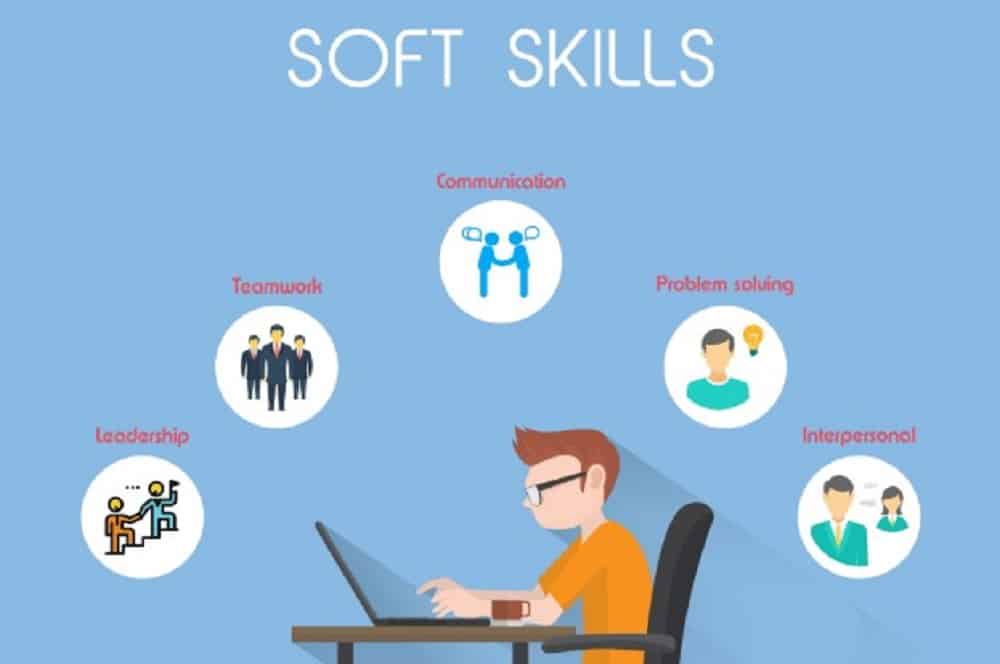Image Source: Google
The Importance of Soft Skills
- Soft skills are non-technical skills that enable you to interact effectively and harmoniously with others in the workplace.
- They include communication, teamwork, problem-solving, time management, adaptability, and emotional intelligence.
- While technical skills are essential for performing specific tasks, soft skills are crucial for career success and personal development. If you want to know more about soft skill training then you can check http://teamioed.com/.
How Soft Skill Training Can Benefit Your Career
- Enhanced Communication: Soft skill training can help you improve your communication skills, both verbal and non-verbal, leading to better relationships with colleagues, clients, and supervisors.
- Effective Leadership: Developing leadership skills through training can help you motivate and inspire others, leading to increased opportunities for career advancement.
- Conflict Resolution: Soft skill training can provide you with the tools to resolve conflicts in a professional and constructive manner, improving team dynamics and overall productivity.
- Adaptability: In today's fast-paced work environment, the ability to adapt to change is crucial. Soft skill training can help you become more flexible and open to new ideas and ways of working.
- Emotional Intelligence: Understanding and managing your emotions, as well as those of others, is key to building strong relationships and making sound decisions. Soft skill training can help you develop emotional intelligence.
How to Unlock Your Potential through Soft Skill Training
- Self-Assessment: Identify your strengths and weaknesses in terms of soft skills. This will help you determine which areas you need to focus on during training.
- Set Goals: Establish clear and measurable goals for improving your soft skills. This will help you track your progress and stay motivated throughout the training process.
- Seek Feedback: Ask for feedback from colleagues, supervisors, or mentors to gain insight into areas where you can further develop your soft skills.
- Practice Regularly: Like any other skill, soft skills require practice to master. Find opportunities to practice your communication, leadership, and other soft skills in real-life situations.
- Continuously Learn: Soft skill training is an ongoing process. Stay updated on the latest trends and best practices in soft skills development to continue growing and adapting in your career.
Case Study: The Power of Soft Skill Training
- Emily, a young professional working in marketing, realized that she was struggling to communicate effectively with her team members and clients. She decided to enroll in a soft skill training program focused on communication and emotional intelligence.
- After completing the training, Emily saw a significant improvement in her ability to articulate her ideas, listen actively, and manage conflicts in a diplomatic manner.
- Her newfound soft skills not only boosted her confidence but also earned her the trust and respect of her colleagues and supervisors.
- As a result, Emily was assigned to lead a high-profile project, where her leadership and communication skills were instrumental in its success.
- Today, Emily attributes her career growth and personal development to the transformative power of soft skill training.
Conclusion
- Soft skills are essential for career success and personal growth in today's competitive job market.
- By investing in soft skill training, you can enhance your communication, leadership, adaptability, and emotional intelligence, unlocking your full potential.
- Remember to regularly assess your soft skills, set goals, seek feedback, practice consistently, and continue learning to stay ahead in your career.
- Take inspiration from Emily's story and embark on your own journey of transformation through soft skill training.

